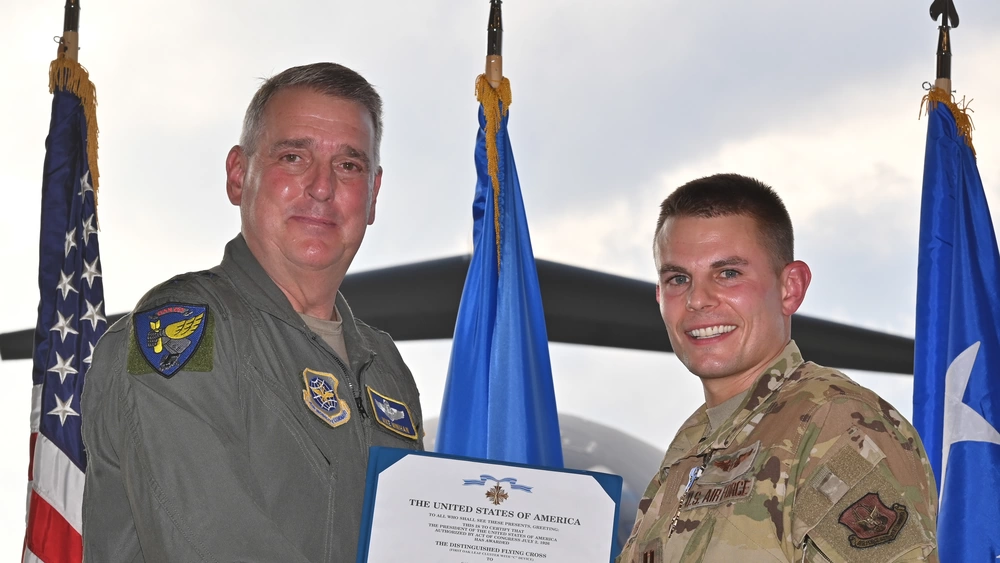Certified Registered Nurse Anesthesiologists provide much-needed care
January 22, 2024

Celebrating National CRNA Week, January 21-27, 2024
National CRNA Week, January 21-27, recognizes the important role of Certified Registered Nurse Anesthetists — advanced practice nurses certified to administer anesthesia in the U.S. The highly ranked Doctor of Nursing Practice Program at Rutgers School of Nursing includes New Jersey’s only CRNA education program and produces outstanding graduates like Jedd Dillman, (DNP, CRNA, APRN), who completed the program in 2020.
Dillman is a staff CRNA with North American Partners in Anesthesia. He travels to deliver professional care at NAPA sites across the New York metro region as part of their SWAT team. He is a member of the board of directors of the New Jersey Association of Nurse Anesthetists and serves in the U.S. Air Force Reserves as a captain and flight nurse instructor. He’s stationed at Joint Base McGuire, New Jersey with the 514 Aeromedical Evacuation Squadron.
In November 2022, Dillon received the Distinguished Flying Cross with combat device, one of the military’s highest awards, given for exceptionally meritorious achievement and heroism while participating in aerial flight under combat conditions. He was among 18 airmen from Air Mobility Command recognized for their actions in Operation Allies Refuge, which successfully evacuated a record 823 civilians aboard a single C-17 Globemaster flight from Afghanistan. The flight was part of the largest non-combatant evacuation operation airlift in U.S. history.
CRNAs account for approximately half of the anesthesia providers in the U.S., and they are the main providers of anesthesia in rural U.S. Historically, they have been providing anesthesia care to patients since the American Civil War; the CRNA credential was established in 1956.
“Today, nearly 61,000 CRNAs deliver anesthesia to millions of patients, in traditional hospital surgical suites and obstetrical delivery rooms, critical access hospitals, ambulatory surgical centers, pain management facilities, and in our nation’s military service,” said Dru Riddle (PhD, DNP, CRNA, FAAN), president of the American Association of Nurse Anesthesiology.
According to AANA, CRNAs administer 50 million anesthetics to patients each year and in some states, they are the sole anesthesia professionals in nearly 100 percent of rural hospitals. CRNAs work in every setting in which anesthesia is delivered including hospitals, ambulatory surgical centers, and physician offices. Further, nurse anesthesia predominates in Veterans Hospitals and the U.S. Armed Forces.
More About Nurse Anesthesia

